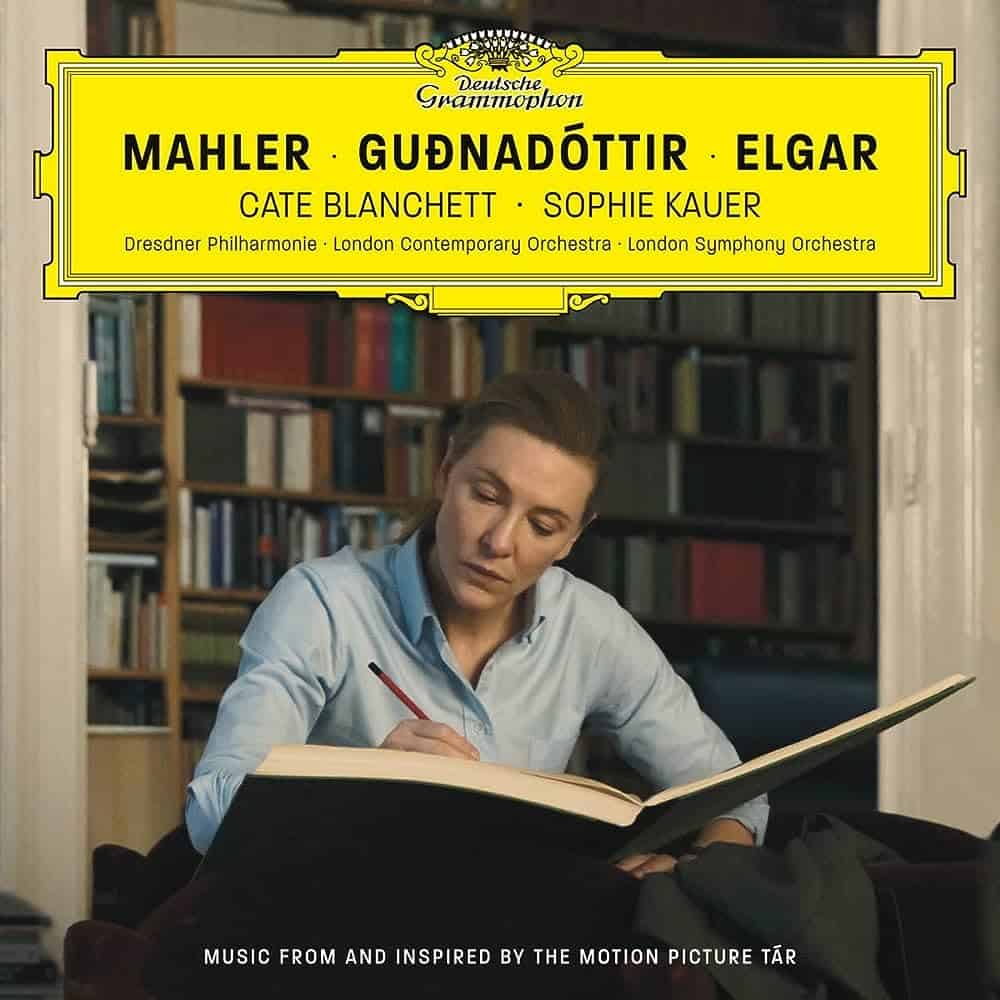
Ludwig Göransson’s score for Tenet proved to be the most divisive of 2020. Some hailed its creativity and ingenuity, calling it among the best of the year; others labeled it generic action music and a pastiche of Hans Zimmer, Tenet director Christopher Nolan’s longtime collaborator. The truth, as it so often does, probably lies somewhere in the middle.
Tenet is dense, mind-boggling, and filled with time travel-laden spectacle. Despite its labyrinthine plot and devices, for most viewers there also comes a rewarding (if elusive) moment of enlightenment once the tides of confusion finally recede.
Göransson’s score is similarly dense, and similarly rewarding. At first blush it could come off as generic, a pummeling morass that is common in modern action films. But beneath the roar there is a vibrant undercurrent. A constant stream of melodies and intriguing sounds, ever-changing, filter through. It is as if Göransson threw every idea he had into the score, nearly oversaturating it with creativity. Some of these peculiar sounds are products of experimentation, such as layering 100 guitar tracks upon each other (which creates something vaguely guitar-like and yet completely unfamiliar).
Göransson takes the novelty further by playing cues in reverse, recording them, and then repeating the process again and again. It is as if the sound has decayed by constant movement backwards and forwards in time. In one sense it is expected – a movie in which time travel is so integral would certainly see parallels in the score. But this makes it no less intriguing.
However, the constant experimentation often ends up being a downside. The score spends too much time being clever without first ensuring its effectiveness on screen. There are times where the score sticks out, such as a puzzling calm during moments of frantic action or focusing on seemingly minor actions or objects, like imitating the whirring sound of a winding bungee cord (which was an admittedly cool mimicry). This is not to say that the score never works – it has moments where it elevates the spectacle and creates an inescapable sense of awe.
There is similarly little emotional resonance or growth. Its quieter, more intimate moments seem more like respites before the next onslaught of sound is unleashed. Part of this stems from the film’s own deficiencies in these aspects, but a great score can not only amplify character, emotion, and humanity, it can create them from whole cloth (a recent example of this is Clint Mansell’s score to Rebecca). Taken together, it is a good score but a great standalone listening experience. The score’s strongest aspects are its creativity and intellect, which become difficult to focus on when watching the film (or, alternately, which threaten to overshadow it completely). Like the film, the score is utterly clever but with an emotionless hole bored through its center.



